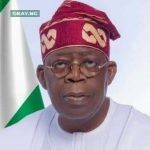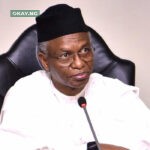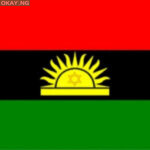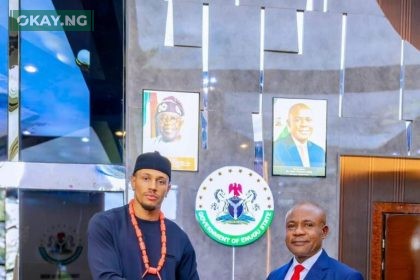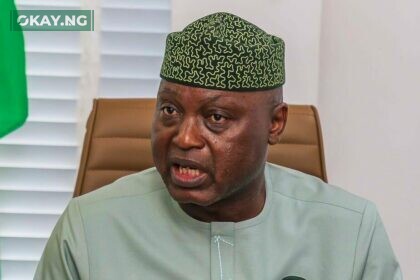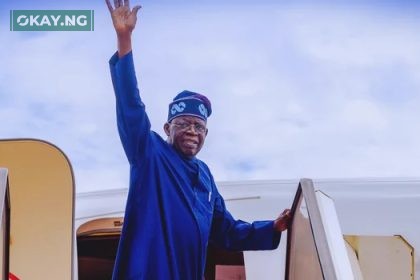The Senate and the House of Representatives have extended, for the second time, the implementation period of the capital component of Nigeria’s 2024 budget to December 31, 2025. This decision has reignited criticism directed at President Bola Tinubu and the National Assembly over budget execution and fiscal discipline. Economists, financial experts, and the Organised Private Sector have described the repeated extensions as a sign of poor implementation capacity by Ministries, Departments, and Agencies (MDAs), warning that it may undermine fiscal discipline and complicate budget performance tracking.
The Senate’s resolution came during plenary on Tuesday after an amendment to the appropriation bill requesting the extension was passed expeditiously through first, second, and third readings. Deputy Senate President Barau Jibrin, who presided over the session, announced the extension following consideration by the Senate Committee on Supply. Chairman of the Senate Committee on Appropriation, Senator Olamilekan Adeola, explained that the extension was necessary to allow the Federal Government to complete ongoing projects included in the budget. He also noted that the government lacks sufficient resources to cover all proposed expenditures, urging colleagues to support the extension to avoid abandoned federal projects across the country.
Similarly, the House of Representatives passed a bill for second reading to extend the capital component of the 2024 budget from June 30, 2025, to December 31, 2025. The bill, presented by Deputy Majority Leader Ibrahim Halims, was supported by Speaker Tajudeen Abbas, who stated, “The extension of the budget is necessary because the capital component of the 2024 budget has not been sufficiently implemented.” The bill now awaits further legislative action by the Committee on Supply.
President Tinubu initially requested the first extension from December 31, 2024, to June 30, 2025, to enable completion of ongoing capital projects and optimize budgetary allocations. However, with the June deadline approaching, many projects remain unfinished, prompting the fresh extension. This situation has resulted in Nigeria operating two budgets simultaneously in 2025—the extended 2024 budget and the already approved 2025 budget.
A source within a federal ministry, speaking off the record, revealed that the 2025 budget implementation has yet to commence, with all operations still running under the 2024 budget. This delay has caused payment backlogs to contractors and government workers. The Director of Press and Public Relations at the Office of the Accountant General of the Federation, Mr. Bawa Mokwa, confirmed that capital funds under the 2024 budget were released recently but did not comment on the latest extension.
Economists have expressed concern over the repeated extensions. Ayo Teriba, CEO of Economic Associates, described the practice as a troubling habit reflecting inadequate funding and poor budget execution. Paul Alaje, Chief Economist at SPM Professionals, warned that running two budgets concurrently could increase money supply and potentially fuel inflation. Professor Akpan Ekpo emphasized that the dual-budget scenario undermines economic growth, employment, and development, calling it an embarrassment given Nigeria’s expertise.
Dr. Muda Yusuf of the Centre For The Promotion Of Private Enterprise attributed the poor capital budget performance to unrealistic revenue assumptions, including shortfalls in oil revenue and debt service obligations. Development economist Dr. Aliyu Ilias cautioned that concurrent budgets risk duplication and reduced transparency, calling the precedent dangerous for Nigeria’s budgetary process.
Conversely, Segun Kuti-George, National Vice President of the Nigerian Association of Small-Scale Industrialists, defended the extension as a positive development, allowing the government to complete infrastructure projects from the 2024 budget while implementing the 2025 budget, which he believes will benefit the economy.
Okay.ng reports that this budget extension saga highlights ongoing challenges in Nigeria’s fiscal management and the need for reforms to improve budget realism and execution.






